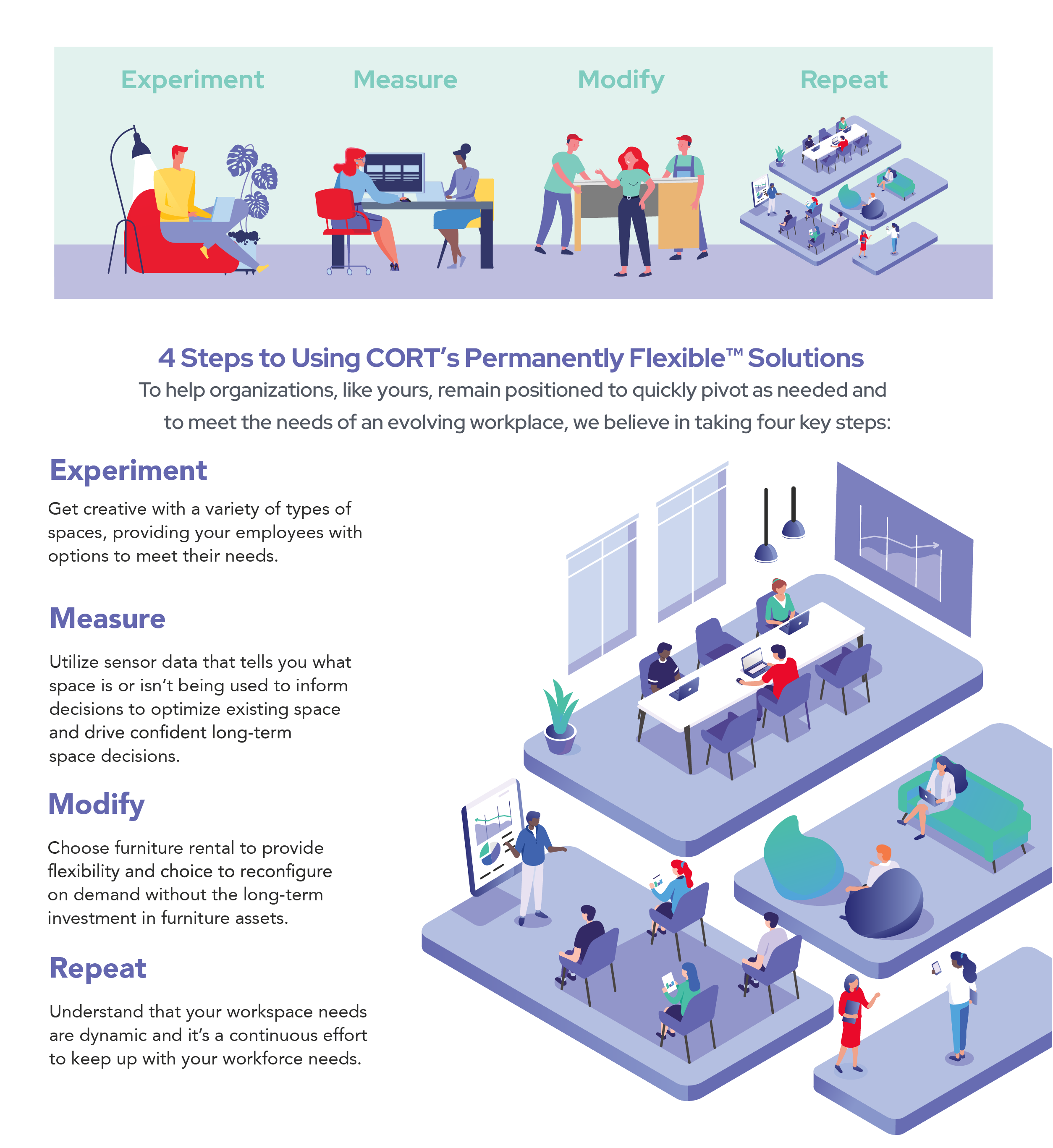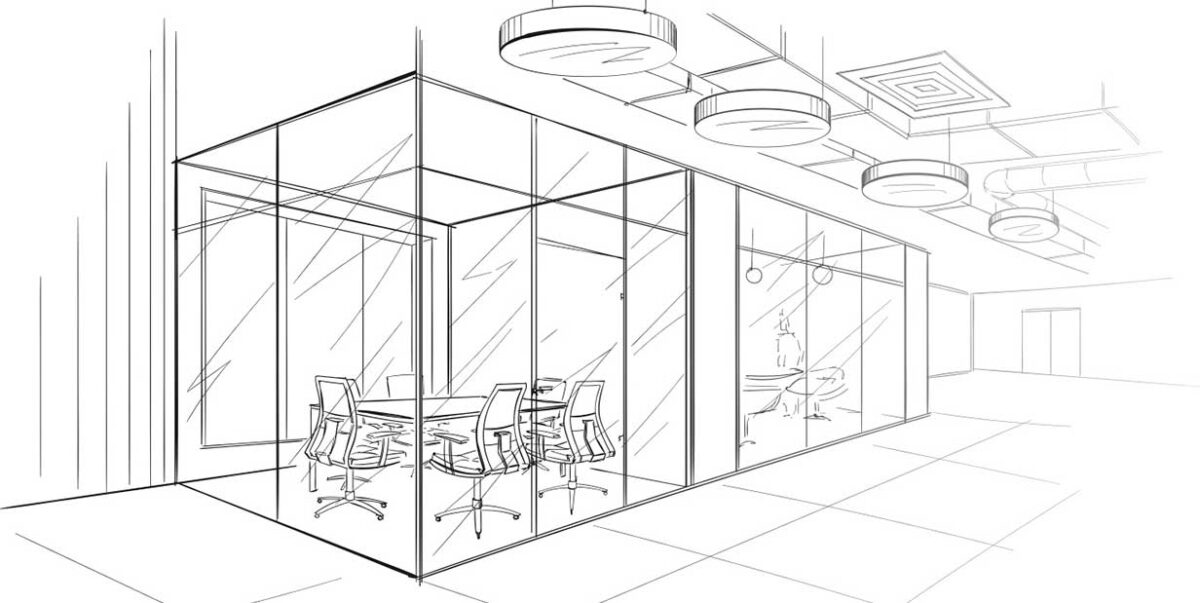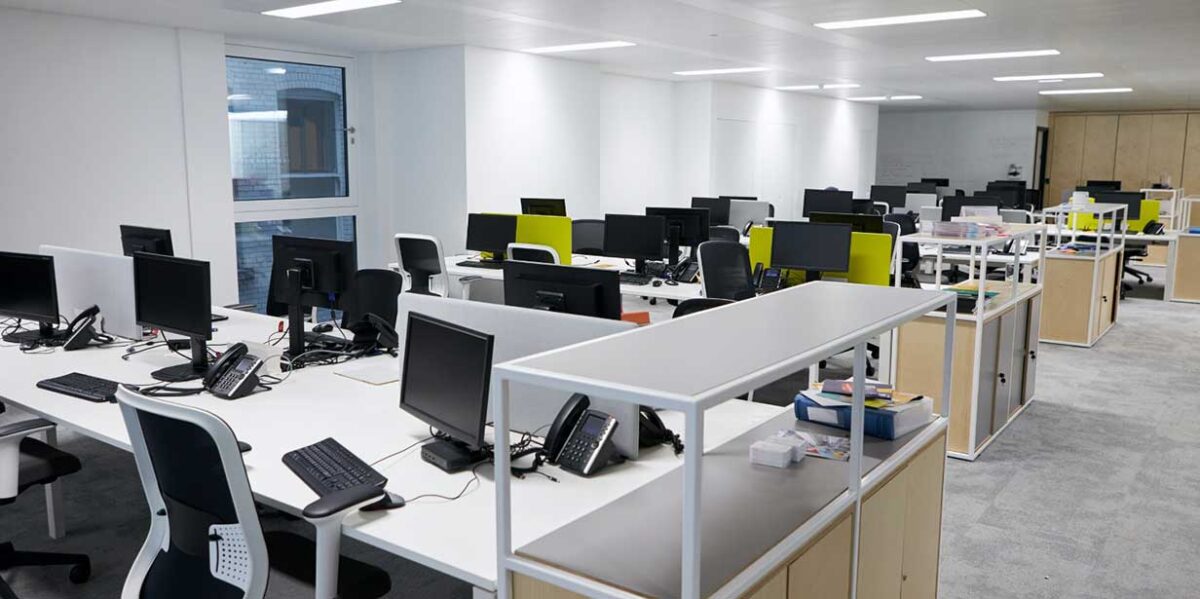Generation Z. Gen Z. Zoomers. The children of Generation X. Whatever you want to call them, this generation is taking over the workforce. In only two years, they’re projected to make up a third of the Earth’s population and 27 percent of the workforce in Organization for Economic Co-operation and Development (OECD) countries. With this in mind, it’s important that businesses and other organizations start paying attention to what these young people want from their employers.
Who is Generation Z?
Gen Z is the group of people who were born between about 1997 and 2012. They’re either just entering the workforce, will do so in the next couple of years, or they’ve been there for a few years and they have very strong opinions about what they want. They’ve grown up in less than idyllic conditions — inflation, recession, war, student debt, housing crises, civil unrest, and gun violence.
What does this mean? It means that they don’t necessarily value longevity with an organization unless it has something to offer them. They’ll switch jobs every six months if they have to, and according to a report from Bank of America, about a quarter of them have changed jobs in the last six months.
What do they want? Flexibility is important to Gen Z in the workplace, as is a commitment to sustainability and minimal environmental impacts. They also prioritize their mental health over the stress of a job, and they insist upon work-life balance.
Luckily, CORT has a plan in place to help you provide all of this and more through 4SITE by CORT space utilization sensor technology and data and CORT Furniture-as-a-Service™ (FaaS), so you can attract and retain Gen Z workers now and for years in the future.
Addressing Concerns about Flexibility
Gen Z values flexibility and independence — in a way, it’s part of their desire for a greater work-life balance. The more control they have over where and how they work, the more likely they are to avoid the burnout that their millennial, Gen X, and baby boomer friends and family members have experienced. They know how it can affect their mental and physical health, and they refuse to let it become part of their lives.
There may be days when they want to come into the office and days when they want to work remotely. When they do come into the office, there may be days when they want to collaborate in an open area and days when they want to work quietly, away from distractions.
One way you can offer this type of flexibility is by being intentional with how you design your work environment. Using space utilization sensors can help you get started. By placing them on desks, in conference rooms, and in other areas throughout the office, you can get a better idea of how your employees use your current space. The sensors are noninvasive, which is a plus for employees who value privacy, and they begin aggregating data from day one. You might find that no one sits in those cubicles near the lobby, but the collaboration spaces near the windows are always in use.
Once you have an idea of how your current staff uses your workplace, you can begin making changes that leave your office permanently flexible. With CORT FaaS, you can rent high-quality office furniture, accessories, and other items to make your staff more comfortable and be ready to make new changes at a moment’s notice. Not only does this appeal to Gen Z in the office now, but it may help you attract and retain other young employees.
Committing to Sustainability and Reducing Environmental Impact
Gen Z values their own well-being, but they also value the well-being of others, particularly the environment. They grew up learning about climate change as well as how humans impact the planet, and they favor organizations that share these values. More than the generations before them, a member of Gen Z is more likely to take a job with a company because they care about issues like sustainability, social justice, or world hunger. They’re more likely to take a job with an organization that has taken action to combat these issues compared to those that just talk about it.
The CORT Furniture Rental model is also built around sustainability. By renting high-quality furniture, you not only save time and money, but you keep these products out of landfills. You can experiment with different looks, styles, and set-ups without contributing to the world’s waste problems.
Prioritizing Mental Health and Well-being in the Office
About 65 percent of millennials rate greater work-life balance and better personal well-being as “very important” when considering a new job. For Gen Z, those numbers are even higher, and the BBC recently reported that they’re willing to walk away from a job, even if it has great pay and benefits, if they don’t get it. To this generation, that means more than having clear boundaries between their work and home lives. It means prioritizing their well-being throughout the workday and treating each employee as an individual with unique needs.
You can do this by creating a welcoming company culture that is inclusive and provides a space for everyone to be productive. CORT Permanently Flexible® Solutions are great ways to accomplish this. You can provide the spaces your employees crave, whether it’s more quiet areas or more collaboration. This promotes a positive company culture, which is huge with Gen Z. Not only will they want to work for you, but they’ll share this information with their friends and networks.
How 4SITE by CORT Can Address the Needs of the Gen Z in the Workplace
Gen Z grew up watching older generations struggle, and the result is that they want to see positive changes. Gen Z in the workplace wants autonomy over how they work, to feel like they’re contributing as global citizens by working for a company that cares about the planet and its people, and to avoid the burnout they’ve watched their parents suffer from.
To attract this generation that is literally the future of work, you’ll need to meet these needs on their terms. By using sensor technology and Furniture-as-a-Service, you can do this and then some. Conduct a study of what’s happening in your current space and use the data to make the necessary changes. Implement CORT Permanently Flexible Solutions that will help carry your organization into the future, no matter what comes your way.







